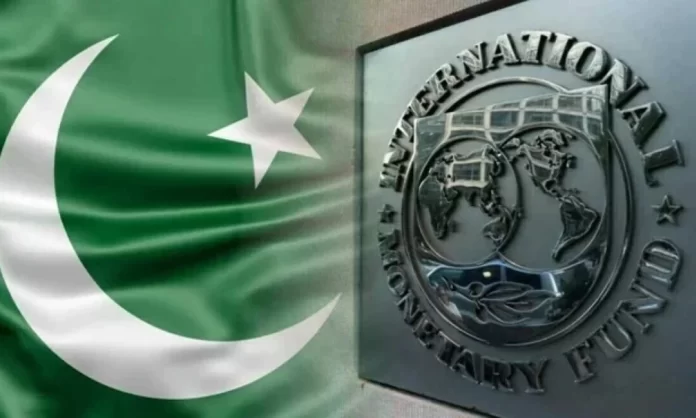ISLAMABAD: The International Monetary Fund (IMF) technical team, currently in Pakistan for a week-long review of the country’s judicial and regulatory frameworks under the $7 billion Extended Fund Facility (EFF), met with Chief Justice of Pakistan Yahya Afridi on Tuesday to discuss the implementation of the bailout programme and key issues related to property rights.
Law Minister Azam Nazir Tarar clarified that such meetings fall within the typical scope of work of the IMF and World Bank, underscoring that international bodies routinely engage on matters of governance and the rule of law.
The IMF’s mission is focused on addressing governance vulnerabilities and combating corruption as part of Pakistan’s ongoing EFF arrangement. The review covers six critical governance sectors and institutions, as outlined by the Ministry of Finance.
During the meeting, the Chief Justice briefed the IMF delegation on Pakistan’s ongoing efforts to enhance judicial performance, emphasizing the judiciary’s independence and his role in safeguarding it. He made it clear that the judiciary is not accustomed to direct engagements with missions but would still address concerns related to judicial reforms. The CJP also noted significant constitutional developments, such as the restructuring of the Judicial Commission of Pakistan (JCP) and reforms concerning judicial appointments and accountability.
CJP Afridi emphasized the importance of integrating the judiciary and parliamentary committee for a more transparent judicial selection process. He also mentioned that the Supreme Court is preparing an agenda for the National Judicial Policy-Making Committee (NJPMC) meeting, scheduled for the last week of February.
The meeting also focused on judicial accountability, particularly mechanisms for addressing complaints against judges, with the CJP stressing the need for a robust and fair accountability system to uphold judicial integrity.
The IMF team acknowledged the judiciary’s role in maintaining legal stability and commended ongoing reforms aimed at strengthening governance and accountability. The two sides expressed a shared commitment to enhancing judicial efficiency and supporting the rule of law as a foundation for economic and social progress.
After the meeting, CJP Yahya Afridi told the media that the IMF delegation sought details on programme implementation and property rights protection. He mentioned that Pakistan’s judiciary had presented its judicial reforms and the National Judicial Policy to the IMF team and emphasized the importance of safeguarding foreign investment. CJP Afridi also reiterated that judges’ independence must be maintained and that detailed disclosures were not their responsibility, as per their constitutional oath.
Minister for Law and Justice Azam Nazir Tarar, commenting on the meeting, stated that interactions with international bodies like the IMF and World Bank were standard practice when discussing the rule of law. He affirmed that the autonomy of the judiciary remains a constitutional matter, with the Law and Justice Commission working within its scope and domain.
Pakistan committed to strengthening institutional capacities as part of its agreement with the IMF in October, aiming to combat corruption, foster inclusive growth, and ensure a fair business environment for both local and foreign investments.




